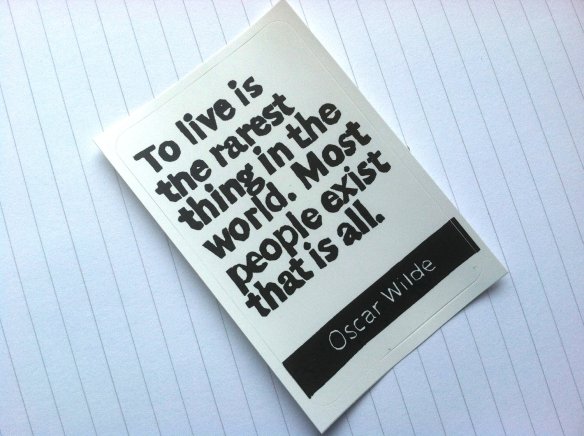If you work with me or if you’ve traveled with me, you’ll back me up when I say that I know how to pack a suitcase. I pride myself on my packing skills, and while I’m not one of those militant carry-on only types who washes her socks in the hotel sink, I’m pretty good.
I‘ve also learned to make do with less. On a whirlwind trip to Africa, my first, a colleague and I visited three countries in 10 days. We flew from Dulles to Johannesburg, and sprinted through the airport to make our connecting flight to Maseru. Our bags had less of a sense of urgency, and decided they’d rather stay in South Africa. I spent the whole trip with just a backpack: toiletries, the clothes I was wearing, plus an extra shirt and a few spare pairs of underwear. With no opportunity to buy replacement items, I borrowed here and there and, yes, I washed a few things in the hotel sink.
When circumstances force your hand, you realize how little you actually need.
Packing for a month-long journey is a challenge, particularly when that month is going to be spent in one of the more fashionable places on earth. But I’m trying to keep that first Africa trip in mind, and remember that I have more than enough. Maybe I won’t be prepared for every weather condition or possible event or activity, but I’ll make do.
What I most want to remember is that the freedom to choose, while highly valued, can sometimes limit us in other ways. “The aim [of choice] is to have chosen successfully, not to be endlessly choosing”, writes George Trow.
I spent 12 years wearing a school uniform. Every morning I put on a plaid skirt, a clean blouse, a blazer or a vest. I don’t think I realized it at the time, but the nuns were on to something. They knew that when you aren’t worrying about your clothes, about fashion or fitting in, you can give your attention to other things, other choices.
I’m not bringing any plaid skirts to France. My bags (yes, there are two) are packed, choices made, and I’m more than ready to turn my attention to the adventure ahead.


